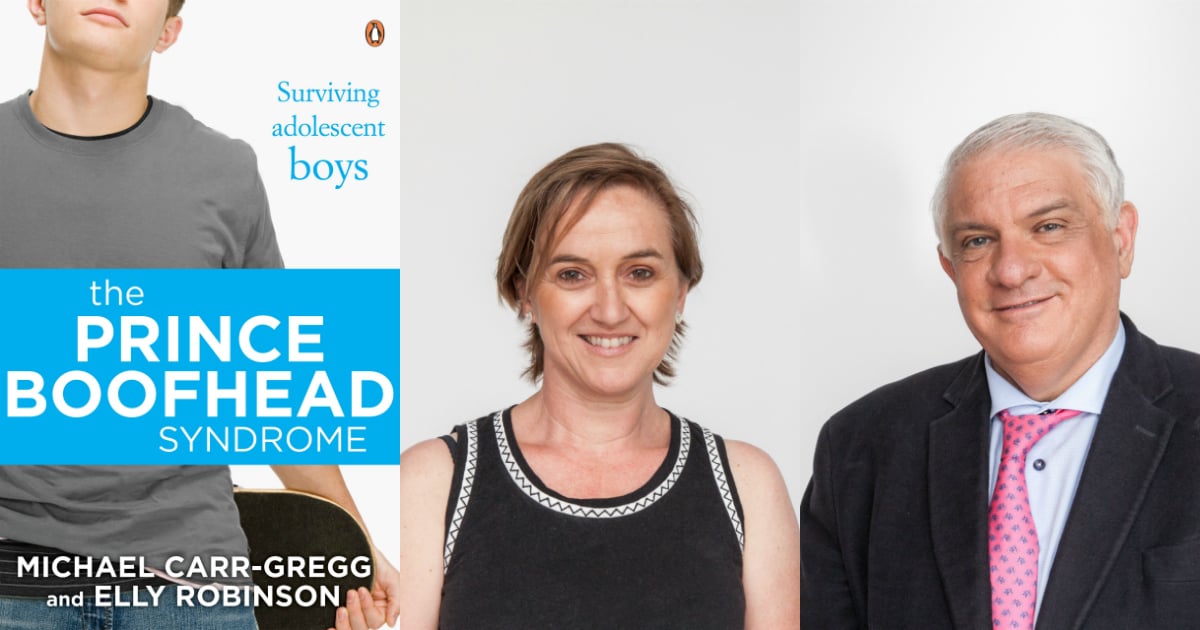Body image is usually considered an issue for teenage girls, yet the pressure for boys to conform to particular body types is an increasing problem. While girls are more likely to become anxious and stressed about needing to be thin, boys are more likely to fixate on gaining weight in the form of toned and defined muscles.
This is known as the Adonis complex. (Adonis was the half man and half god in Greek mythology who was considered the ultimate in masculine beauty to the point that he won the love of Aphrodite, goddess of love and beauty.)
The extent of the problem for young men is largely unknown, though a 2014 study published in JAMA Pediatrics found that almost 1 in 5 of the 5500 study participants (aged 12–18) were very concerned about their weight and physique.
These concerns mainly centred on being too skinny and lacking muscle tone. A small but significant number (2.5 per cent) were using supplements. Even more worrying, 1 in 3 reported infrequent binge eating, purging or uncontrolled eating. Those who were most concerned about muscularity and thinness were more likely to use drugs, and those who used supplements were more likely to frequently binge drink and use drugs.
Previous statistics estimated that the prevalence of eating disorders for males compared to females is as low as 1:10. More recent studies, however, suggest that this ratio is more likely to be 1:4.
Listen: Dr Michael Carr-Gregg joined the This Glorious Mess podcast to talk about raising teen boys.
Media Matters
As with young women, media portrayal has a large role in helping to create obsession with body shape in boys. Advertising in magazines and actors in movies and television increasingly show men with chiselled abs and bulging biceps. For young women, the marketing is about subtracting; for young men, it’s about adding. Rather than this being a strange form of gender equality, you can’t help feeling that everyone loses.



